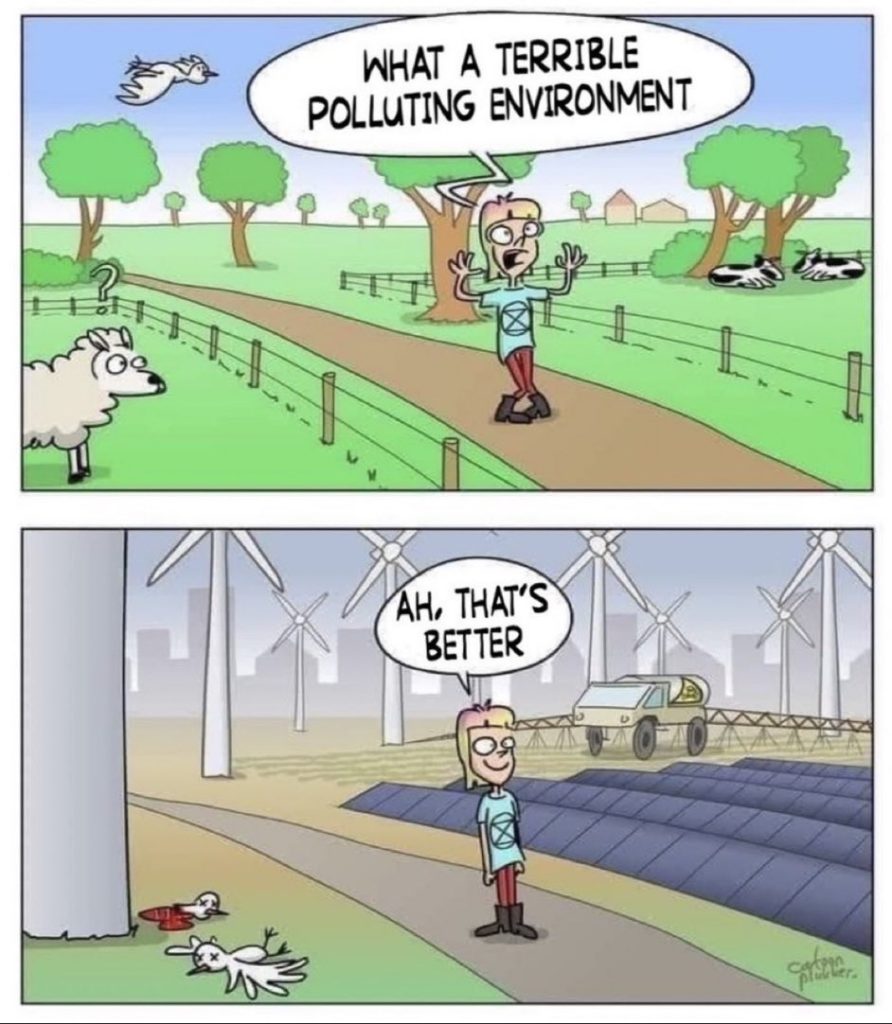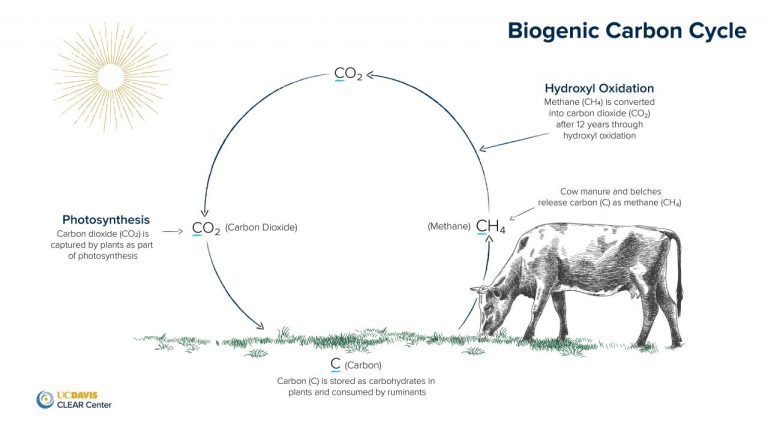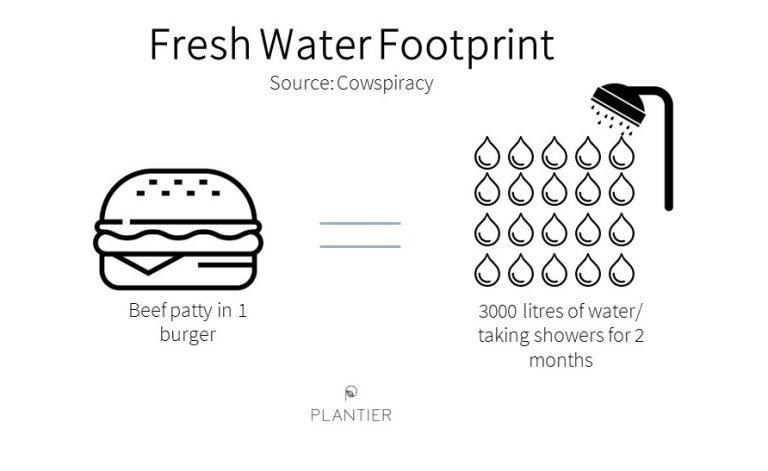Why the Arguments for Veganism Are Weak: Exploring the 3 Main Beliefs
Veganism is often hailed as the ultimate moral and healthy lifestyle, but what if the arguments for veganism are weak?
Veganism has grown significantly in popularity over the past decade, often touted as the ethical, healthy, and environmentally responsible choice. However, when we break down the core arguments supporting veganism, we find that they fall into three primary categories: it’s good for animals, good for personal well-being and health, and good for the environment. While these arguments have been persuasive for many, it’s crucial to critically evaluate their validity and the evidence behind them.
In this post, we’ll explore these three arguments from a macro perspective, while future posts will look into each of these groups and the sub-arguments with a more granular and detailed view.
1. Veganism Is Good for Animals
The Ethical Argument
The ethical argument is likely the first thing that comes to mind when people think about veganism. Vegans often position themselves on a moral high ground, asserting that their lifestyle is more compassionate because they avoid harming animals. However, this argument has several nuances that many vegans may not fully consider.
- Impact of Crop Production: The production of crops, particularly those favored by vegan diets, often involves the use of pesticides and monoculture farming, which can harm more animals than many realize. Small mammals, insects, and other wildlife are frequently killed during the planting and harvesting processes, and the widespread use of pesticides can have devastating effects on ecosystems .
- Nuanced Ethics: The ethical argument against eating animals is not as clear-cut as it seems. For example, some argue that responsible, small-scale animal farming can be more ethical than the mass production of crops that devastate ecosystems. This perspective challenges the notion that veganism is inherently more compassionate .
I do not consider this a very strong argument, as there is a lot of nuance that most vegans haven’t considered. The vast majority of vegans may avoid these nuances because acknowledging them could undermine their moral high ground.
2. Veganism Is Good for Personal Well-Being
The Health Argument
Proponents of veganism often claim that a plant-based diet is the healthiest choice, reducing the risk of chronic diseases such as heart disease, diabetes, and certain cancers. However, these claims often rely on observational studies that are rife with confounding variables, making it difficult to draw definitive conclusions.
- Observational Studies vs. Controlled Trials: Many of the studies promoting veganism’s health benefits are observational, meaning they can’t establish cause and effect due to potential confounding factors like socioeconomic status, lifestyle, and genetics . When more rigorous studies are conducted, the differences in health outcomes between vegans and omnivores often diminish (Saint Luke’s Health System Kansas City).
- Nutritional Deficiencies: A significant portion of the vegan population is deficient in essential nutrients like Vitamin B12, iron, calcium, and omega-3 fatty acids (Cambridge University Press & Assessment, Niklewicz et al., 2023). While a well-planned vegan diet can mitigate these deficiencies, it requires careful management and supplementation, raising questions about whether it is truly the optimal diet for everyone.
3. Veganism Is Good for the Environment
The Environmental Argument
The environmental impact of animal agriculture is frequently cited as a reason to go vegan. Advocates argue that reducing or eliminating animal products from our diets can significantly decrease greenhouse gas emissions, reduce deforestation, and conserve water. However, many of these arguments are overly simplistic or misleading.
- Methane vs. Carbon Dioxide: While it’s true that methane is a potent greenhouse gas, it has a much shorter atmospheric lifespan (7-12 years) compared to carbon dioxide, which can remain in the atmosphere for over a century (NASA). If cattle populations remain stable, the methane they produce does not significantly contribute to long-term global warming.
- Deforestation and Crop Production: A significant portion of deforestation, particularly in the Amazon, is driven by the demand for soy, much of which is used in vegan products (European Commission). This challenges the notion that veganism is inherently better for the environment.
- Water Usage: Claims that it takes thousands of liters of water to produce a single hamburger often include “green water,” which is rainwater that would fall on the land regardless of whether it is used for grazing . In contrast, crops like almonds and avocados require substantial amounts of “blue water” (water from local water storages), which can strain local communities. (1, 2)
It’s also possible to practice more sustainable forms of animal agriculture. Regenerative farming, for example, can sequester carbon in the soil and improve biodiversity, offering a more nuanced view of the environmental impact of dietary choices .

Strengths and Weaknesses of the Arguments
- Strongest Argument: Spiritual Well-Being: The strongest argument for veganism is the belief that it is good for us, spiritually. As this claim is not falsifiable, and I cannot determine whether eating animals can have a negative impact on me, karmic or just hindering my overall journey. My argument against this would be that Theravada Buddhist monks, whose entire existence is dedicated to the spiritual path, will eat meat if it is offered. I believe that this is the only, remotely, strong argument for veganism.
- Weakest Argument: All Of Them: The rest of the arguments are weak. I will debunk every single argument for Veganism, one at a time. We will go through them all, and subsequently debunk them in a clear and scientific manner with peer-reviewed sources.
Conclusion: A Critical Macro Perspective on Veganism
While the three core arguments for veganism—ethical, health, and environmental—are compelling on the surface, each comes with significant caveats that warrant critical examination. The arguments for veganism are weak, and this is something that I will show you, in post after post.
In our next post, we will dive deeper into the nuances of these arguments, exploring specific claims and counterclaims in a more granular way. We will examine how different contexts, such as geography, culture, and individual health needs, influence the validity of these arguments on a micro level.
For more on the importance of critical thinking in evaluating complex issues like these, check out our previous posts on Critical Thinking and the Problem of Faux Intellectual Authorities , Understanding Conflicts of Interest in Media and Critical Thinking and Biases






